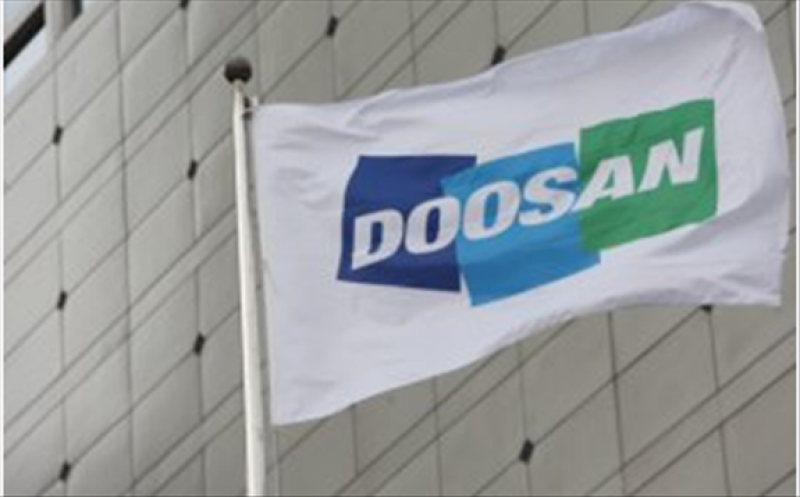Doosan Mobility Innovation (DMI) has formed an urban air mobility (UAM) task force (TF) at its R&D center to accelerate technology development. Currently, the task force is engaged in developing technology for a water-cooled hydrogen fuel cell system, which is suitable as a UAM power source.

DMI focuses on two areas regarding the UAM business – heavy-weight cargo drones and hydrogen fuel cell power packs. Fuel cell power packs can enable a drone to fly for a longer period of time (more than two hours) than existing batteries can (10 to 30 minutes). It takes 10 minutes to charge a fuel cell power pack, much shorter than the 60 to 90 minutes for other batteries. In theory, combine a heavy-weight cargo drone and a fuel cell power pack, and you have an eco-friendly drone that can carry a person for hours.
The UAM business is largely divided into frame and parts manufacturing, navigation and transportation management, infrastructure construction and operation, passenger and cargo transportation services. Among them, the DMI focuses on passenger and cargo transportation services.
UAM is a personal air vehicle (PAV) capable of vertically taking off and landing. To carry a person, a PAV must be able to fly 100 to 400 kilometers with a cargo weighing 100 to 200 kilograms on board. DMI is planning to develop a cargo drone that can fly for more than two hours and launch it in 2025. At the same time, it is planning to release a water-cooled hydrogen fuel cell power pack for medium and long distance flights after 2024.
DMI is a member of the so-called UAM Team Korea, a government-led UAM public-private consultative body that was formed in June 2020. The company is participating in UAM Team Korea as a representative of Doosan Group. Other UAM Team Korea members include Hyundai Motor, Hanwha System, Korean Air, and SK Telecom.
Hyundai Motor and Hanwha System are preparing to set up their own ecosystems by signing MOUs with telecommunication companies, public institutions, and research institutes. In April, Korean Air formed a task force to promote its UAM business, but like DMI, it has not begun cooperating with other organizations.
Morgan Stanley, a global investment bank, expects the global UAM market to grow from US$7 billion in 2020 to US$1.474 trillion by 2040. It predicted that the global UAM market will grow at an annual average rate of 30.7 percent.
The number of UAM users worldwide will reach 12 million by 2030 and 445 million by 2050, forecast a report released 2020 by the Samjong KPMG Economic Research Institute.